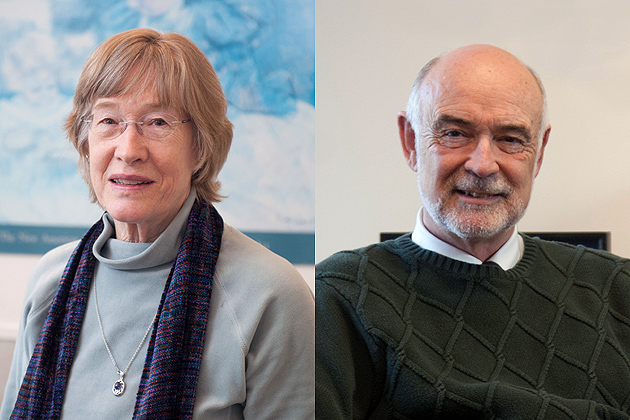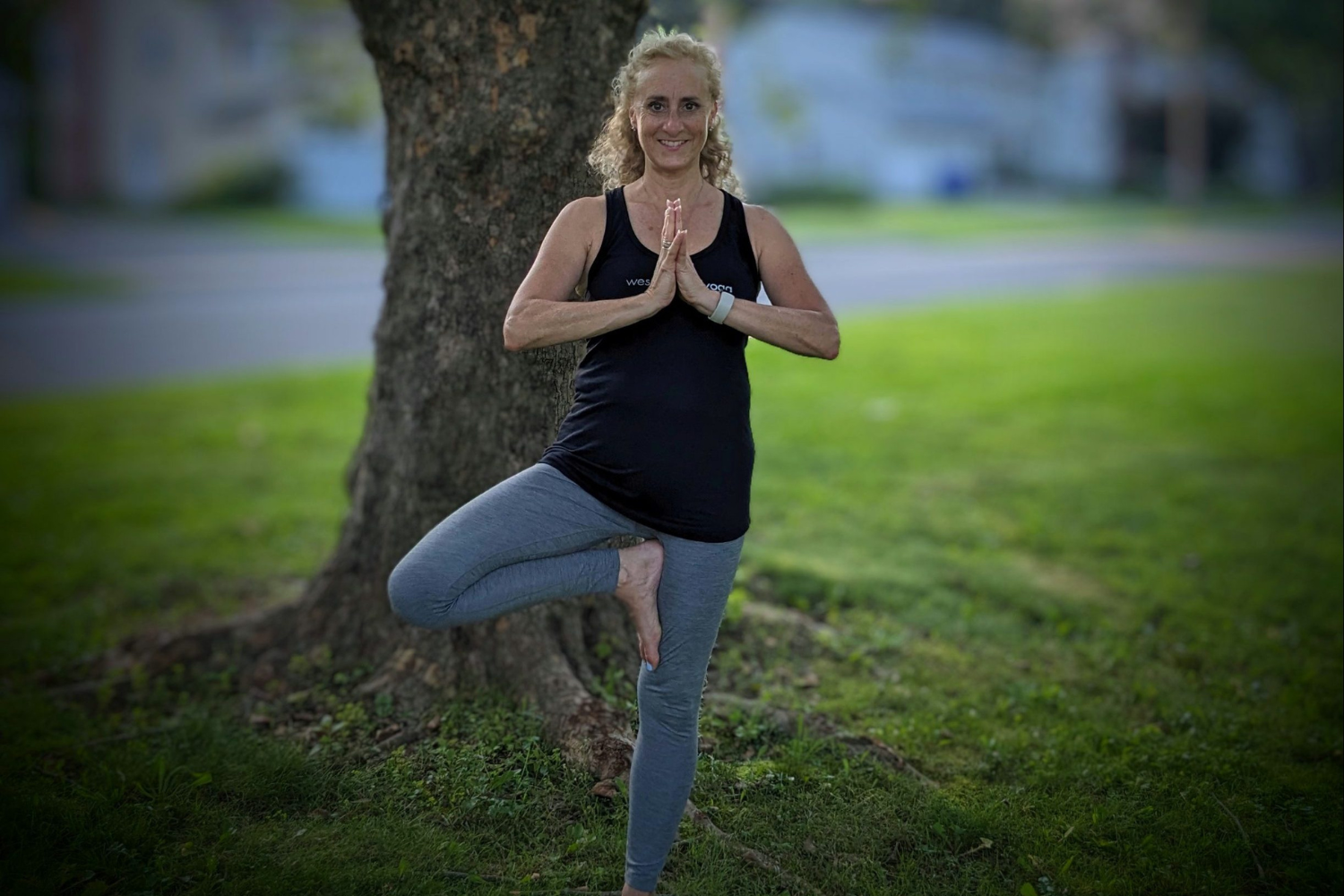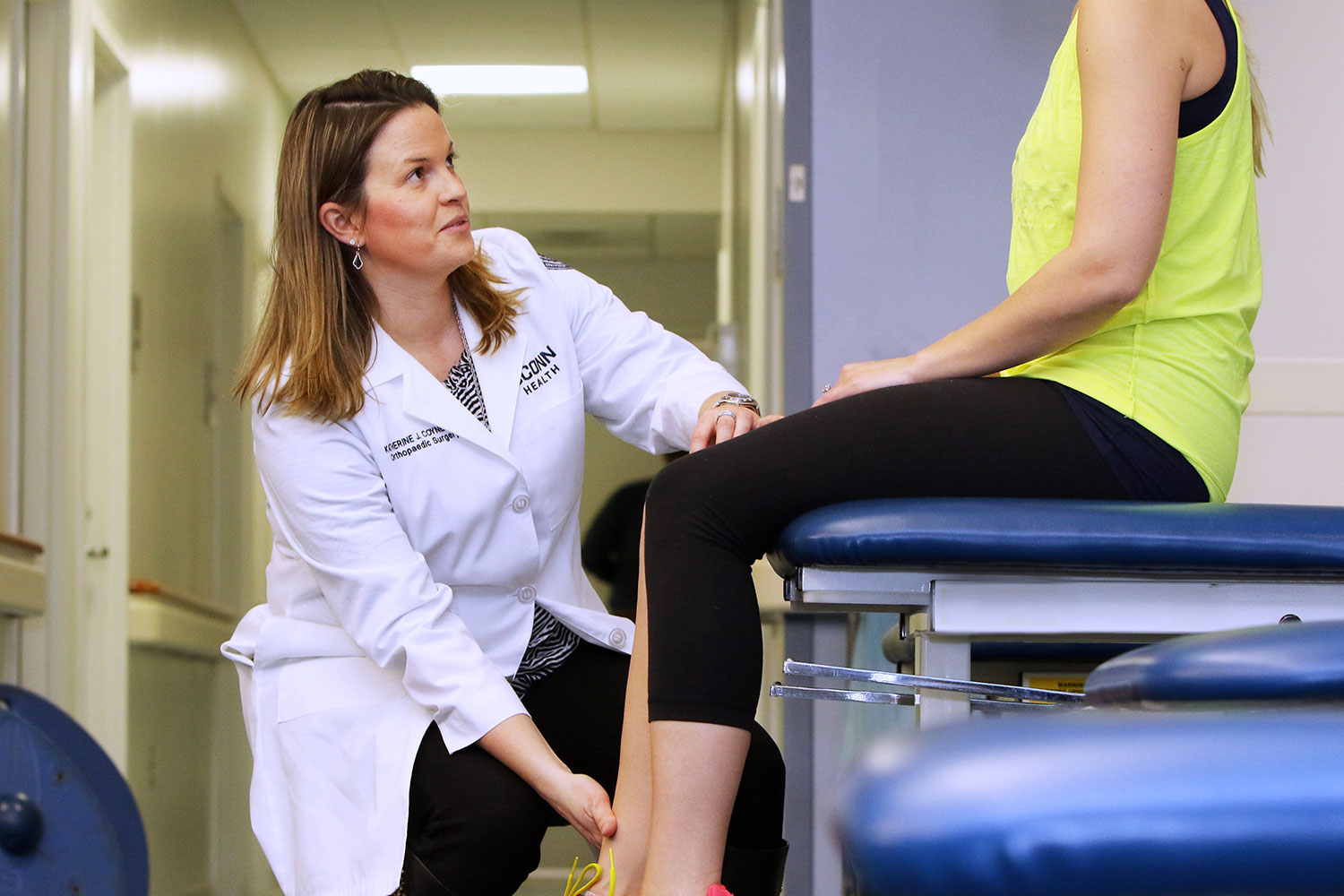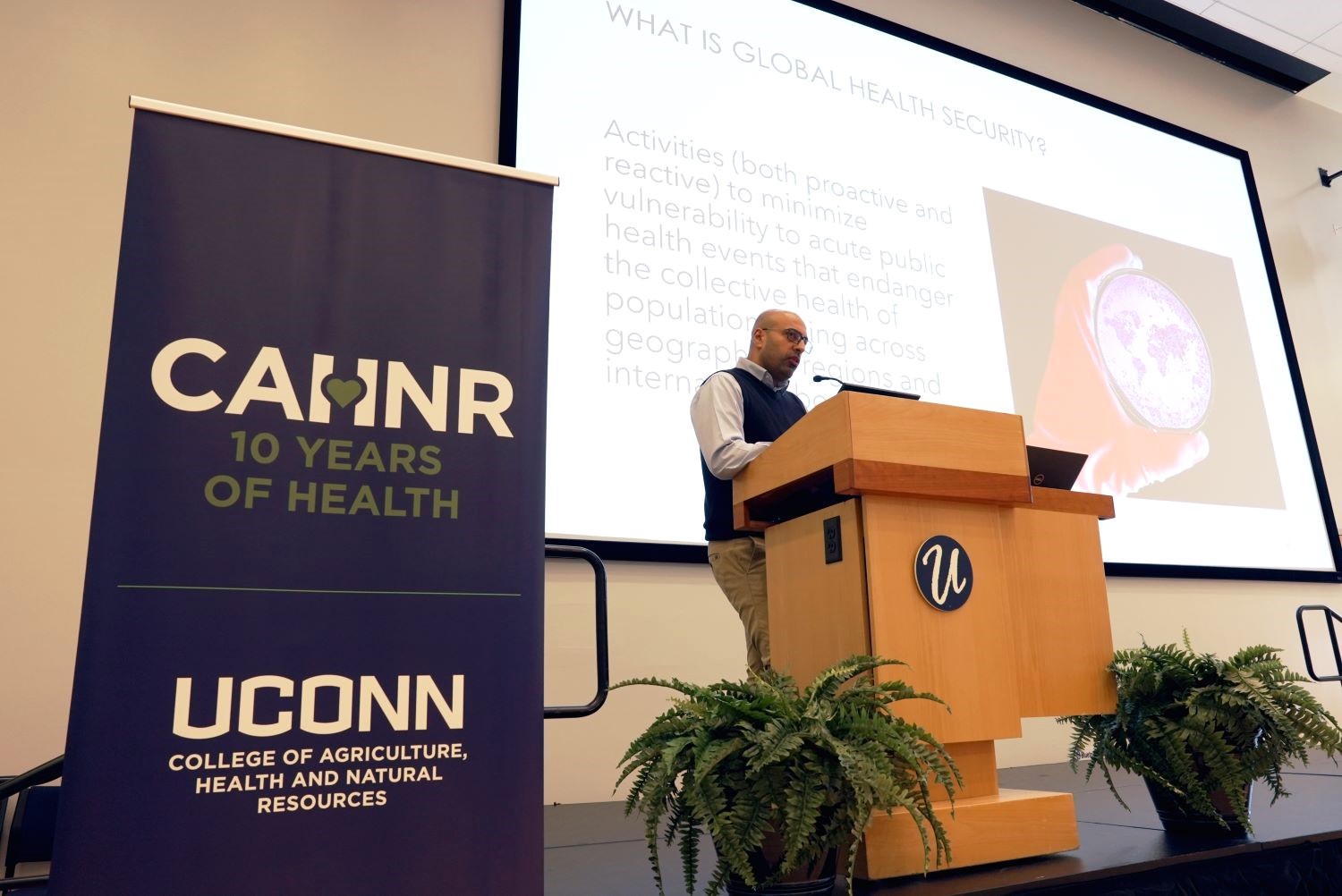When Secretary of State Hillary Clinton needs science advice, she can turn to the State Department’s Science and Technology Advisor. When policymakers in one of the department’s many bureaus and offices need technical advice, they can call on a Jefferson Science Fellow.
Two faculty in CLAS will join 11 other scientists from around the country as Jefferson Science Fellows next year, serving the State Department or the USAID (Agency for International Development).
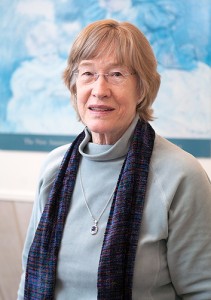
Sara Harkness, professor of human development and family studies, and David Benson, professor and department head of molecular and cell biology, were selected in a competitive process to provide science expertise for policymakers, to help them understand complex scientific issues and how they affect U.S. foreign policy.
Harkness is also a professor of pediatrics and public health at the UConn Health Center and director of the Center for the Study of Culture, Health, and Human Development. Her research focuses on how cultural influences, interacting with genetic predispositions, influence children’s health and learning. Benson is a microbiologist. Both will range beyond their own fields of expertise, however. Jefferson Fellows are chosen for their stature, international recognition, and ability to quickly understand and articulate scientific developments outside their field.
Tracking pathogens
The two new fellows will be expected to consult for the State Department for years to come. It’s a prospect they welcome.

“How would science apply to policy, and could I help?” is what drew Benson to apply to the program.
He studies biogeography – the spread of bacteria over landscapes and why communities of bacteria develop in one place but not another.
“It’s the science that’s of interest – that’s what I do – but the implications are also important,” he says.
In Haiti, for example, the devastating outbreak of cholera after the 2010 earthquake might have been prevented if people had thought about international aid workers bringing in bacteria that were foreign to the island. Cholera, until then, was unknown in Haiti. Scientists traced the strain that developed and killed nearly 7,000 people to UN peacekeepers from Nepal who were helping in Haiti after the earthquake. The UN has not yet accepted the scientific finding as conclusive, however.
Advances in molecular ecology and epidemiology have made it possible to identify virtually all microbes in a wide range of environments – from the Gulf of Mexico to the human gut, making it possible to track pathogens so that outbreaks can be directly addressed, Benson notes.
The vast array of DNA sequence data that is now available is another area that interests him. On the positive side, he wrote in his Jefferson Fellow essay, anyone with Internet access, in any country, can use the data for scientific study, without having to generate it. But negative outcomes are possible, too, such as creating new deadly pathogens or devising unethical uses of personalized medicine.
“How the rise of egalitarian genomics will affect human history is still a riddle waiting to be resolved,” he wrote.
Antibiotic resistance is another area where policy responses could benefit from scientific advice, he points out. Much of America’s drug production has moved to other countries, such as China and India, leaving the U.S. without the infrastructure that would be needed to make new antimicrobial agents in a pandemic.
Children’s health in a national and international context
Harkness’s research on children and families has included fieldwork in a rural Kenyan village, a middle-class town in the Netherlands, and neighborhoods in eastern Connecticut. Much of her work is in collaboration with an international team of researchers, particularly her colleague and husband Charles Super, professor of human development and family studies and pediatrics.
One of their most widely publicized studies was on sleep patterns of infants and young children in the U.S. and the Netherlands. They found that Dutch parents were most concerned with making sure their babies had regular schedules and plenty of rest, avoiding over-stimulation and not “pushing” their children to be ahead of their peers. The U.S. babies had more stimulating environments and slept fewer hours per day. The Dutch babies and mothers showed lower levels of the stress-related hormone cortisol than their U.S. counterparts.
“Both parenting strategies have benefits for children’s development,” says Harkness. “U.S. parents may provide their children with a rich environment for early learning, but they may sometimes underestimate the importance of a good night’s sleep and regular time with the family, such as family dinnertime.”
The differences also have implications for children’s health, she says, noting the rates of pharmaceutical treatments for children diagnosed with Attention Deficit Hyperactivity Disorder (ADHD) are much higher in the U.S. than in Europe.
Harkness and her colleagues are currently working with the Connecticut Children’s Trust Fund in the Department of Social Services to evaluate training programs for home visitors to families at risk of child abuse and neglect. She says the opportunity to contribute her expertise to U.S. foreign policy and program development realizes “a lifelong goal.”
Harkness and Benson are not UConn’s first Jefferson Fellows. Steven Geary, professor and department head of pathobiology and veterinary science in the College of Agriculture and Natural Resources, was a Jefferson Fellow in 2008-2009. He continues to consult for the State Department.
